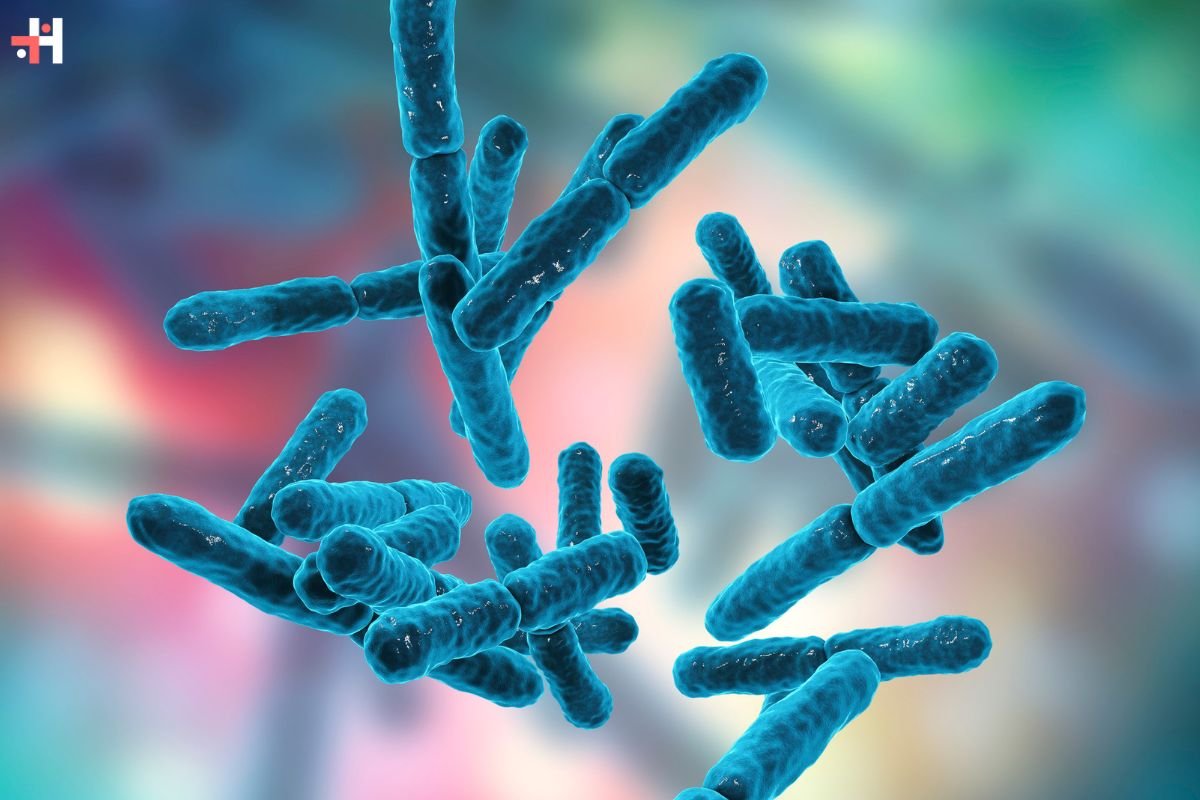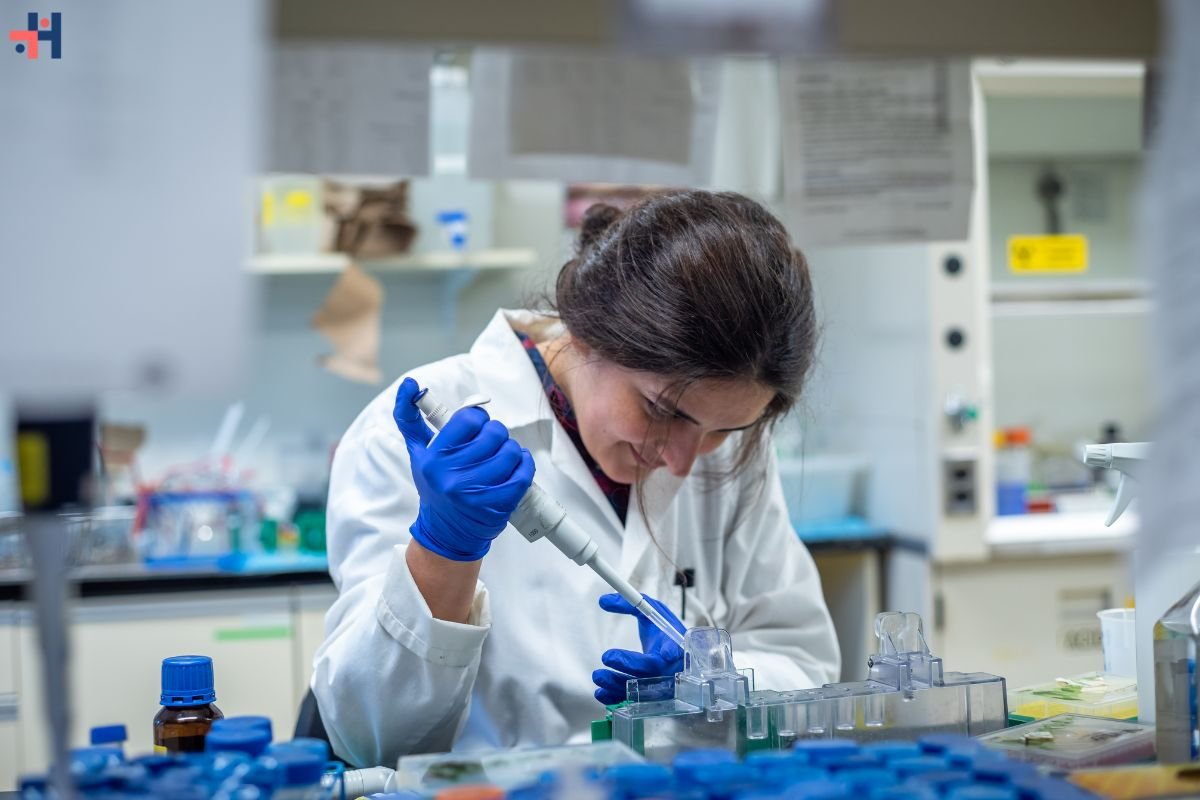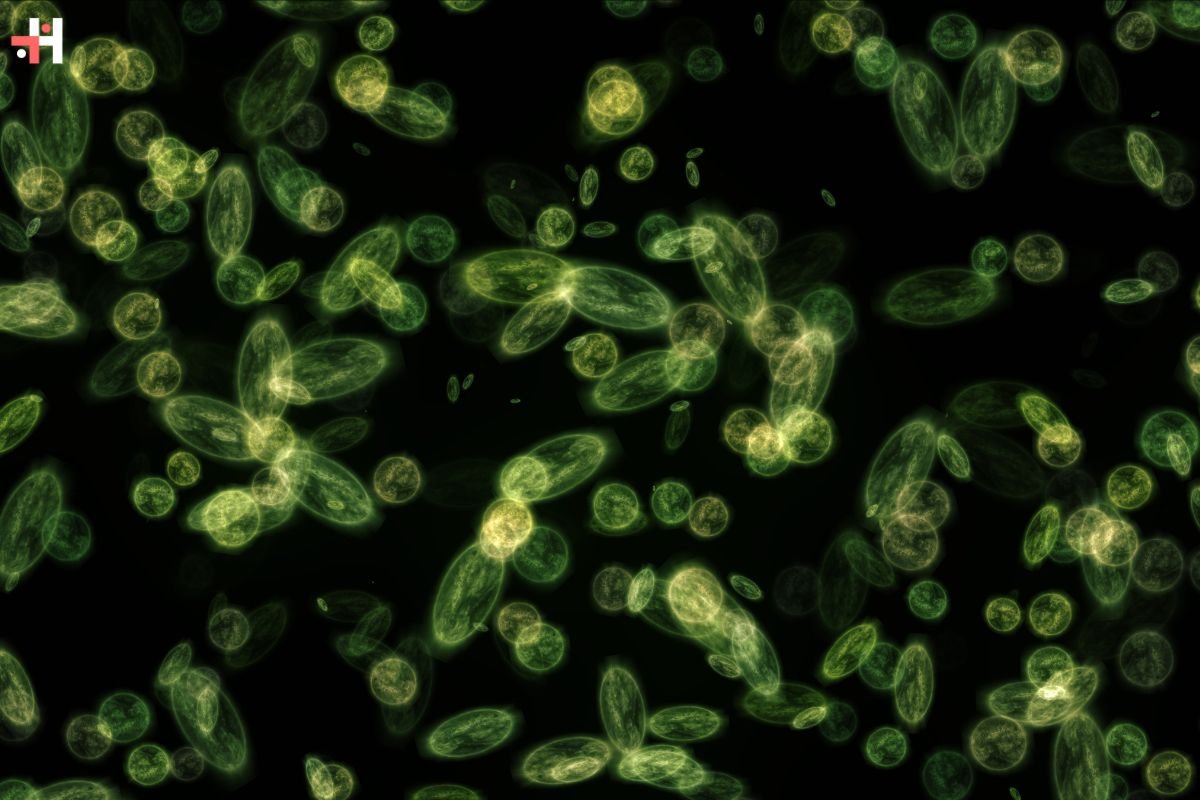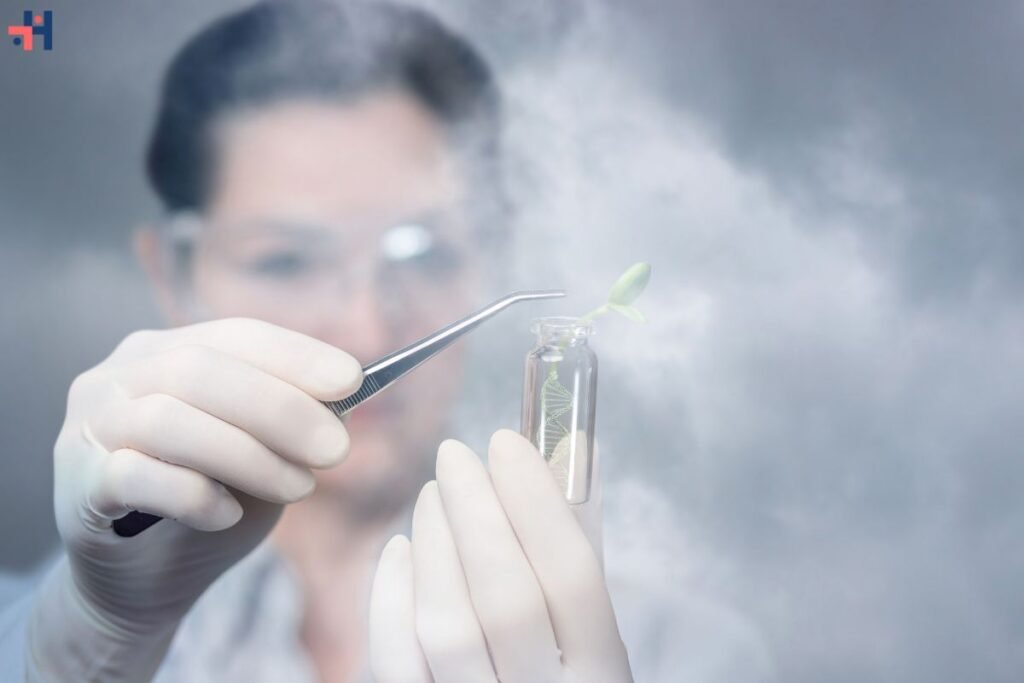Have you ever dreamt of plants that suck up pollution like a super-powered vacuum cleaner, or imagined microbes churning out eco-friendly fuel instead of harmful emissions? Those fantastical ideas might not be as far-fetched as you think. Thanks to a revolutionary field called synthetic biology, scientists are essentially becoming biological engineers, designing organisms with brand new superpowers to tackle some of our planet’s biggest challenges.
Forget clunky robots or complicated machines – synthetic biology for creating organisms is all about harnessing the incredible power of living things. By tinkering with their DNA, scientists can essentially give these organisms new instructions, turning them into tiny green factories or pollution-eating warriors. This isn’t just about tweaking a few things here and there; synthetic biology allows researchers to build entirely new biological systems from scratch, opening up a whole universe of possibilities for a more sustainable future. So, buckle up and get ready to dive into the fascinating world of synthetic biology – where nature meets innovation to create a healthier, cleaner tomorrow.
Understanding Synthetic Biology for Creating Organisms:
Synthetic biology involves the design and construction of biological systems or organisms with novel functions that do not exist in nature or the modification of existing organisms for specific purposes. At its core, synthetic biology combines principles from molecular biology, genetics, bioinformatics, and engineering to engineer biological components and systems. By leveraging genetic engineering tools, such as CRISPR-Cas9 and DNA synthesis, synthetic biologists can reprogram living organisms to perform desired tasks, produce valuable compounds, or exhibit specific behaviors.
Engineering Microorganisms for Bioproduction:

One of the key applications of synthetic biology is the engineering of microorganisms, such as bacteria, yeast, and algae, for bioproduction purposes. By introducing synthetic pathways or modifying metabolic pathways within microbial hosts, researchers can transform these organisms into efficient factories for producing biofuels, pharmaceuticals, specialty chemicals, and biomaterials. Engineered microorganisms can utilize renewable resources, such as agricultural waste or sunlight, to convert carbon dioxide into valuable products, reducing dependence on fossil fuels and mitigating greenhouse gas emissions.
Creating Designer Crops for Agriculture:
Synthetic biology holds great promise for revolutionizing agriculture by creating designer crops with enhanced traits and improved resilience to environmental stressors. Through genetic modification and genome editing techniques, researchers can introduce desirable traits, such as disease resistance, drought tolerance, and increased yield, into crop plants. Engineered crops can also be designed to produce valuable compounds, such as vitamins, antioxidants, and bioactive molecules, enhancing their nutritional value and economic viability. Moreover, synthetic biology offers opportunities for precision agriculture, enabling farmers to optimize resource use and minimize environmental impact.
Advancing Biomedical Applications:

In the medicine and healthcare, synthetic biology for creating organisms offers innovative solutions for diagnosing and treating diseases, as well as developing novel therapeutics and medical technologies. Engineered organisms, such as bacteria and viruses, can be engineered to deliver therapeutic agents, target specific cell types, or detect disease biomarkers. Synthetic biology for creating organisms also plays a crucial role in the development of personalized medicine and gene therapies, allowing for tailored treatments based on individual genetic profiles. Additionally, synthetic biology techniques are being used to create synthetic tissues, organs, and biomaterials for regenerative medicine and tissue engineering applications.
Environmental Remediation and Conservation:
Synthetic biology for creating organisms has the potential to address environmental challenges and promote conservation efforts through bioremediation, biodiversity preservation, and ecosystem restoration. Engineered microorganisms can be deployed to remediate contaminated soil and water environments by metabolizing pollutants and detoxifying hazardous substances. Synthetic biology approaches are also being used to engineer organisms capable of enhancing soil fertility, restoring degraded habitats, and mitigating the impacts of climate change. Furthermore, synthetic biology enables the development of bio-based alternatives to conventional materials and fuels, reducing environmental pollution and resource depletion.
Also Read: Exploring the Cutting-Edge Biotechnology Innovations Shaping Our Future
Ethical and Regulatory Considerations:

As Synthetic biology for creating organisms continues to advance, it is essential to consider the ethical, social, and regulatory implications of creating and releasing engineered organisms into the environment. Questions regarding biosafety, biosecurity, ecological impact, and public perception must be carefully addressed to ensure responsible innovation and sustainable development. Regulatory frameworks and oversight mechanisms should be established to govern the use of synthetic biology technologies and mitigate potential risks associated with unintended consequences or misuse.
Conclusion:
Synthetic biology for creating organisms holds tremendous promise for creating organisms with tailored functionalities and applications across diverse fields, from bioproduction and agriculture to healthcare and environmental conservation. By harnessing the power of genetic engineering and interdisciplinary collaboration, synthetic biologists are driving innovation and shaping a more sustainable future. As research advances and technologies evolve, synthetic biology will continue to play a pivotal role in addressing global challenges and improving the quality of life for people around the world.


No comments yet